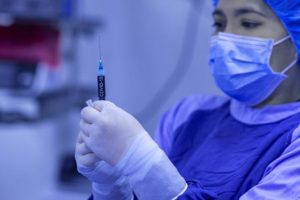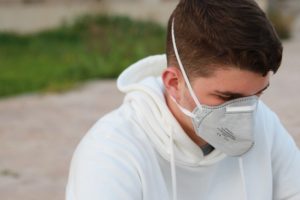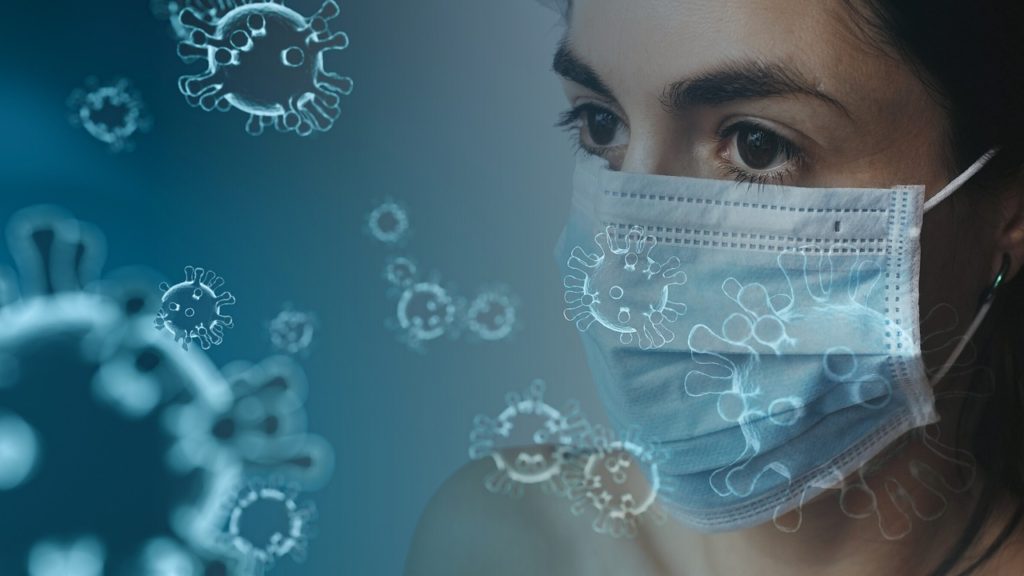If you’re feeling drained, even if you have consumed health supplements you read on those Testogen reviews, you may be infected by COVID-19. Herd immunity is a term used to describe the protection of a group of people from infection, in this case, COVID-19, when a certain percentage of the population has been vaccinated or has contracted the virus. The more people vaccinated or have contracted the virus, the more protected the rest of the population is. This blog post will discuss herd immunity and how you can help improve it in your community.
Overview of Herd Immunity
 As mentioned, herd immunity protects a group of people from infection. This herd protection happens when a certain percentage of the population has been vaccinated or has contracted the virus. The more people vaccinated or have contracted the virus, the more protected the rest of the population is.
As mentioned, herd immunity protects a group of people from infection. This herd protection happens when a certain percentage of the population has been vaccinated or has contracted the virus. The more people vaccinated or have contracted the virus, the more protected the rest of the population is.
There are two types of herd immunity passive and active. Active herd immunity is when people in a population are vaccinated against a disease. It creates immunity for not only the person who was vaccinated but also helped protect those who are unable to be vaccinated, such as infants, pregnant women, and people with weakened immune systems. Passive herd immunity happens when people in a population have contracted the virus and then recover. They are now immune to the disease and can help protect others who have not had the disease.
Things That Affect Herd Immunity
There are a few things that affect herd immunity. It includes the disease’s severity, the contagious disease, and how well the vaccine works. The severity of the disease affects herd immunity because the more severe disease is, the more people are willing to be vaccinated or contract the virus to help protect others. For example, diseases like polio and smallpox were very severe and often deadly, so people were eager to be vaccinated or contract the disease to help protect others.
How contagious the disease is also affects herd immunity. The more infectious disease is, the more people need to be vaccinated or have contracted the virus to provide herd protection. For example, conditions like measles and chickenpox are highly contagious, so it takes a higher percentage of people being vaccinated or having contracted the virus to provide herd protection.
Finally, how well the vaccine works also affects herd immunity. If a vaccine is ineffective, more people need to be vaccinated or have contracted the virus to provide herd protection. For example, the flu vaccine is not always effective, so more people must be vaccinated or have had the flu to provide herd protection.
Two Ways to Develop Herd Immunity
 There are two ways to develop herd immunity: vaccination or contracting the virus. Vaccination is the most effective way to establish herd immunity because it ensures that a person is immune to the virus without having to experience the symptoms of the disease.
There are two ways to develop herd immunity: vaccination or contracting the virus. Vaccination is the most effective way to establish herd immunity because it ensures that a person is immune to the virus without having to experience the symptoms of the disease.
However, some people cannot be vaccinated due to medical reasons or personal beliefs. For these people, herd immunity can be developed by contracting the virus and then recovering. All in all, herd immunity is critical to protecting the population from disease. It is most effectively developed through vaccination but can also be developed by contracting the virus. Herd immunity can be affected by the severity of the disease, how contagious the condition is, and how well the vaccine works. Herd immunity can help prevent future outbreaks of diseases like COVID-19.

